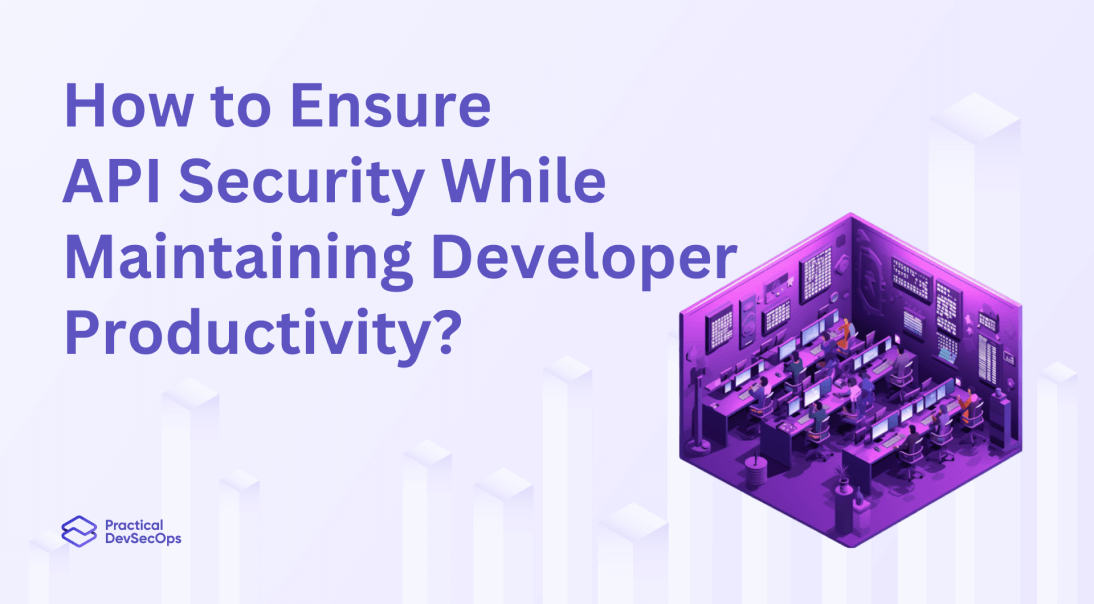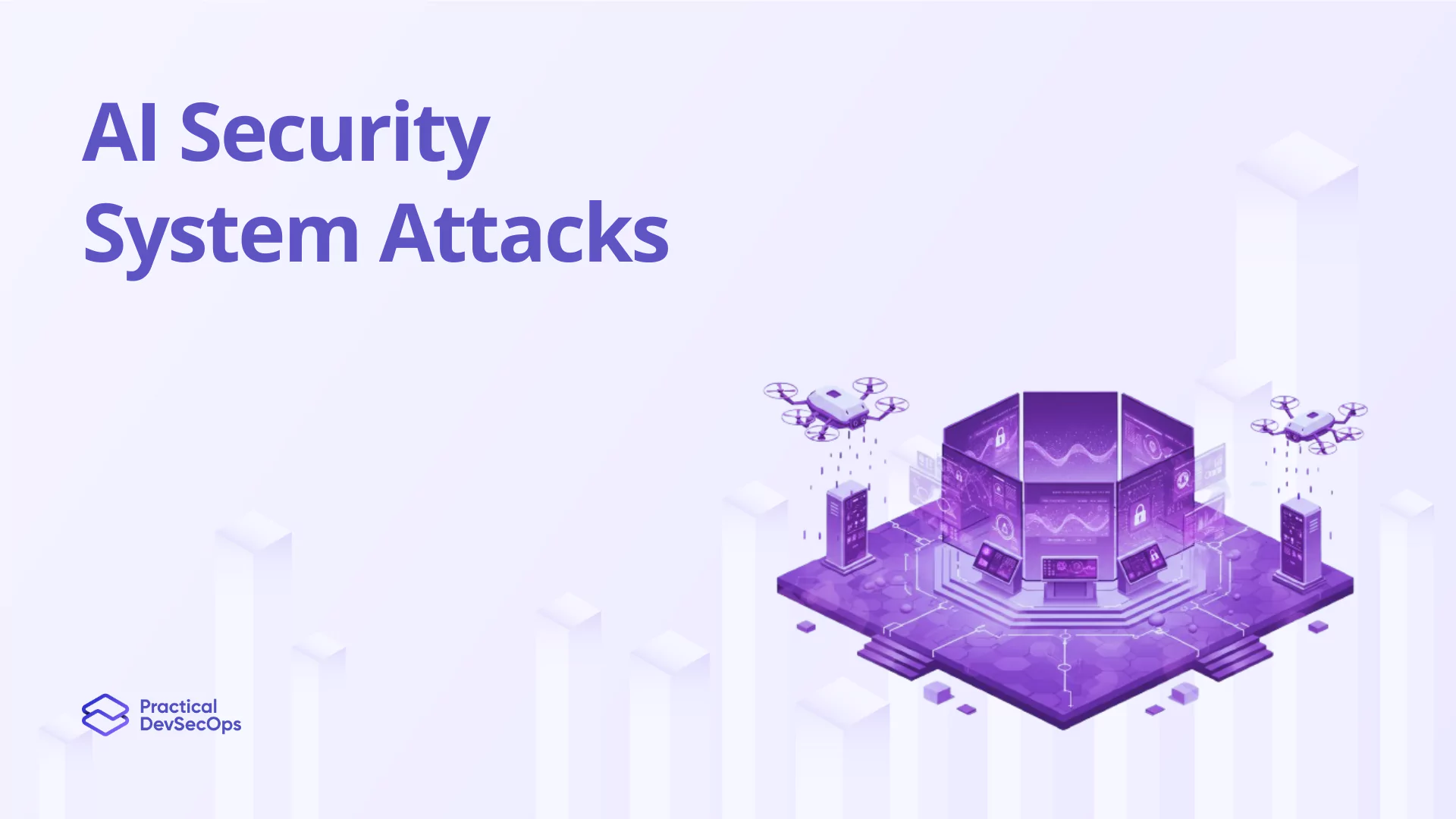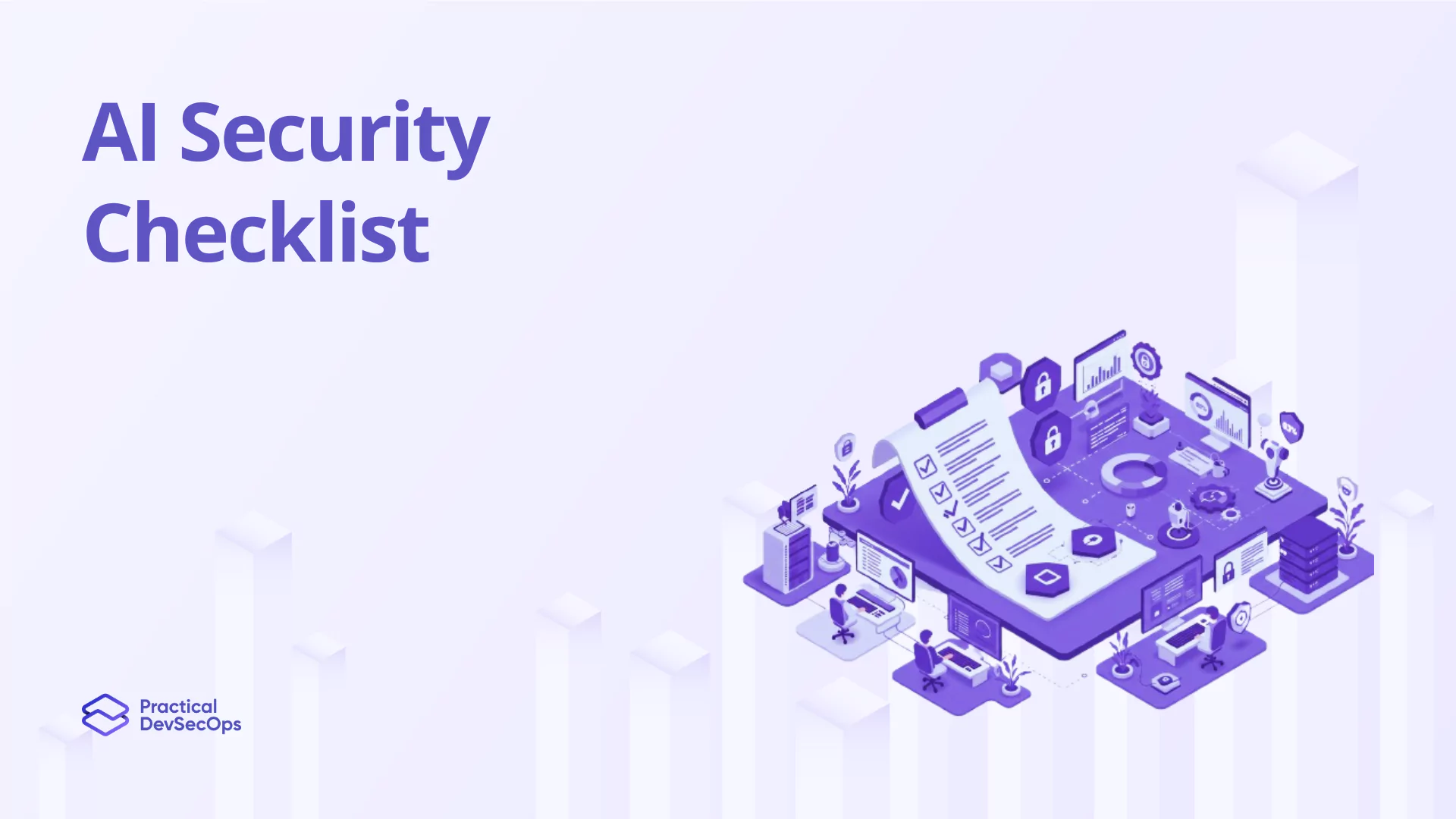It is essential to address the concerns of API security and its impact on developer productivity. In this article, we will explore effective strategies to ensure API security without compromising the efficiency and workflow of developers.
Understanding the Challenges
Before we dive into the solutions, let’s first understand the challenges faced when safeguarding APIs without slowing down the development process:
Lack of Security Awareness: Developers often prioritize functionality over security, which can lead to potential vulnerabilities.
Increasing Attack Surface: As APIs become more interconnected, the attack surface grows, providing more entry points for potential threats.
Rapid Development Pace: Agile development methodologies place emphasis on speed, often sacrificing thorough security assessments.
Complexity of API Ecosystem: APIs interact with numerous systems and third-party services, making it harder to ensure end-to-end security.
Optimizing API Security without Hindering Developers
1. Adopt a Secure Development Lifecycle (SDLC)
Implementing a Secure Development Lifecycle ensures that security is embedded throughout the software development process. By integrating security practices early on, developers can tackle API vulnerabilities proactively, reducing the need for extensive fixes at later stages. SDLC methodologies such as Agile or DevSecOps encourage security to be an integral part of the entire development lifecycle, promoting collaboration and timely identification of security loopholes.
2. Provide Developer-Friendly Security Resources
Ensure that developers have access to comprehensive security resources and guidelines. Create a centralized security knowledge base, including best practices, secure coding guidelines, and API security documentation. Offer developer training and workshops to educate them about secure API development techniques. Encourage collaboration between security teams and developers, fostering a security-conscious culture within the organization.
3. Perform Regular Security Audits and Penetration Testing
Regular security audits and penetration testing helps identify potential flaws and vulnerabilities in your APIs. By emulating real-world attack scenarios, you can identify and address security gaps before they can be exploited. Partnering with security experts or employing dedicated security tools can provide valuable insights into API security weaknesses, ensuring a proactive approach to safeguarding your APIs.
4. Implement Robust Authentication and Authorization Mechanisms
Implementing strong authentication and authorization mechanisms is crucial for API security. Utilize industry-standard protocols like OAuth 2.0 or JWT (JSON Web Tokens) to authenticate and authorize API requests. Employ multi-factor authentication and role-based access controls to ensure only authorized users can access sensitive API endpoints and perform specific actions. Regularly review access privileges to prevent unauthorized access.
5. Encrypt Sensitive Data in Transmission and Storage
Ensure end-to-end encryption for data transmitted between APIs and clients. Adopt HTTPS (HTTP Secure) protocols and use SSL/TLS certificates to encrypt sensitive information, protecting it from interception or tampering. Additionally, encrypt data at rest, whether stored in databases or within the API infrastructure, to protect it from unauthorized access in case of a breach.
6. Monitor and Log API Activity
Implement a robust monitoring system to track API activity and detect any suspicious behavior patterns. Use log management tools to collect, analyze, and retain API logs to facilitate incident response and forensic investigations. Implementing Intrusion Detection Systems (IDS) or Security Information and Event Management (SIEM) systems can provide real-time monitoring, alerting, and correlation of API-related security incidents.
Conclusion
In today’s interconnected world, API security is of utmost importance to safeguard sensitive data and protect against potential cyber threats. Organizations can ensure a robust security posture while maintaining developer productivity by adopting a proactive approach to API security and implementing the above-mentioned strategies. Remember, investing in API security not only protects your users and systems but also builds trust and credibility with your stakeholders.
Also Read, API Gateway Security Best Practices
Practical DevSecOps offers an excellent Certified API Security Professional (CASP) course with hands-on training through browser-based labs, 24/7 instructor support, and the best learning resources to upskill in API security.
Start your journey mastering API security today with Practical DevSecOps!







0 Comments